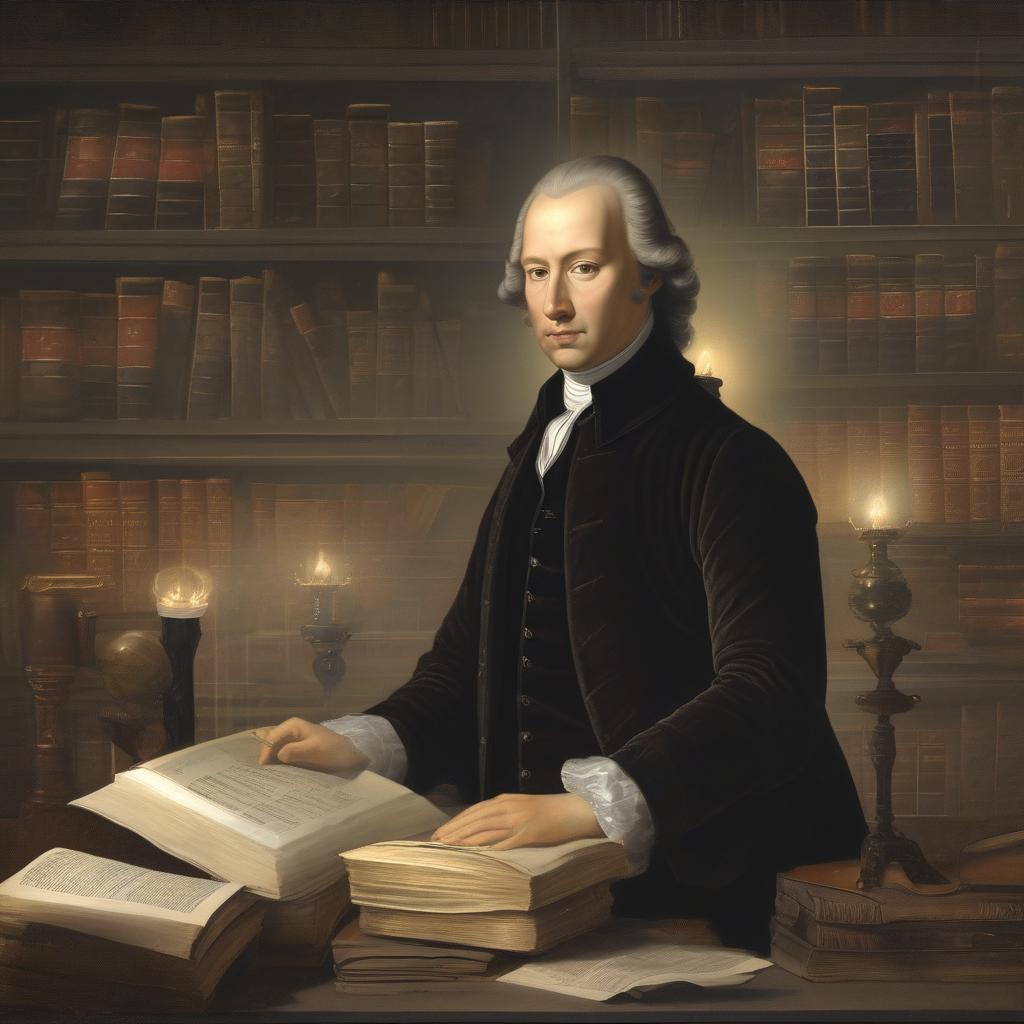
Origins of the Bavarian Illuminati
“`html
Origins of the Bavarian Illuminati
Introduction
The Bavarian Illuminati remains one of history’s most enigmatic secret societies. Founded on May 1, 1776, by Adam Weishaupt, a professor of canon law at the University of Ingolstadt, the Illuminati sought to promote Enlightenment ideals while operating in secrecy. Though short-lived, its influence on conspiracy theories and secret societies persists to this day. This article explores the origins, principles, and early activities of the Illuminati, shedding light on its role in the intellectual and political landscape of 18th-century Europe.
The Founding of the Illuminati
Adam Weishaupt, disillusioned with the rigid structures of the Catholic Church and the Jesuit order (from which he had distanced himself), sought to create an organization that would advance rational thought, secularism, and progressive governance. On May 1, 1776—coinciding with Walpurgis Night, a date associated with folklore and mysticism—he established the Order of the Illuminati (originally named the Perfectibilists).
The society was structured hierarchically, with three main classes:
- Novice – New initiates learning the society’s principles.
- Minerval – Intermediate members engaged in deeper philosophical study.
- Illuminated Minerval – The highest-ranking members, entrusted with leadership and secrecy.
Weishaupt drew inspiration from Freemasonry, adopting symbolic rituals and clandestine communication methods. However, unlike Freemasonry, the Illuminati had a more overt political agenda, aiming to infiltrate governments and institutions to enact change.
Core Principles and Enlightenment Ideals
The Illuminati’s philosophy was rooted in Enlightenment thinking, emphasizing reason, scientific inquiry, and opposition to religious dogma. Key principles included:
1. Rationalism and Anti-Clericalism
Weishaupt and his followers rejected blind faith, advocating instead for critical thinking and empirical evidence. They viewed organized religion—particularly the Catholic Church—as an obstacle to human progress.
2. Secular Governance
The Illuminati sought to reduce the influence of religion in politics, promoting meritocracy and egalitarian ideals. Some historians suggest they even supported republican governance, though this remains debated.
3. Secrecy and Infiltration
To avoid persecution, the Illuminati operated covertly, using aliases and coded messages. Members were encouraged to infiltrate influential circles—such as Masonic lodges and academic institutions—to spread their ideas discreetly.
Early Activities and Expansion
Initially a small group, the Illuminati grew rapidly, attracting intellectuals, politicians, and Freemasons. By the 1780s, they had established branches across Bavaria and beyond. Notable members included:
- Baron Adolph Knigge – A key recruiter who helped expand the order’s reach.
- Johann Wolfgang von Goethe – The famed writer, though his involvement remains speculative.
The society’s growth alarmed authorities, particularly the Bavarian government and the Church. In 1784, Elector Karl Theodor banned all secret societies, forcing the Illuminati underground. By 1787, the order had effectively dissolved, though its legacy endured in conspiracy theories.
Conclusion: The Legacy of the Illuminati
Though the Bavarian Illuminati existed for barely a decade, its impact was profound. The group’s emphasis on reason, secularism, and covert influence foreshadowed modern political movements. Today, the Illuminati is often mythologized in pop culture as a shadowy global elite, though historical evidence suggests it was a small, idealistic movement rather than an all-powerful cabal. Regardless, its story remains a fascinating chapter in the history of secret societies.
FAQ
Was the Illuminati connected to the French Revolution?
Some conspiracy theorists claim the Illuminati orchestrated the French Revolution, but historians widely dismiss this. While Enlightenment ideas influenced both, there’s no direct evidence linking the society to revolutionary events.
Does the Illuminati still exist today?
The original Bavarian Illuminati disbanded in the late 18th century. Modern references to the Illuminati are usually fictional or metaphorical.
How did the Illuminati communicate secretly?
Members used pseudonyms, cipher codes, and symbolic imagery in correspondence. Weishaupt himself went by the alias “Spartacus.”
“`
